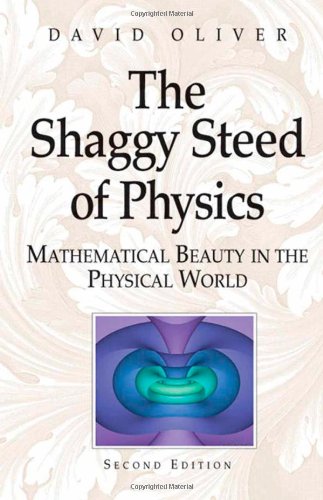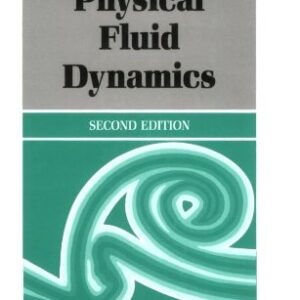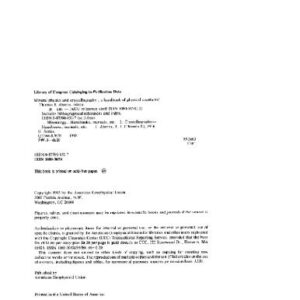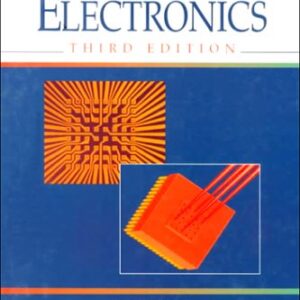The investigation of two bodies bound by an inverse-square-law field guides the reader of this book to the grand themes of contemporary mechanics, both classical (the Keplerian orbits of the Solar system) and quantum (the electron orbits in a hydrogen atom). Symmetries and invariants and the principles of least action and relativity provide simple, unifying approaches to a variety of topics. Thus, for example, the same four-dimensional rotational symmetry that yields closed orbits also unlocks the energy levels of the hydrogen atom. The elementary symmetries are broken at large speeds (leading in the sub-atomic case to the quantum field theories of elementary particles) and by the presence of other particles (leading in the classical case to chaotic orbits and the interplay of randomness and determinism). Mathematics is an essential part of physics, and the second half of the book expands on the mathematical aspects. Among them: – Noether’s theorem and the connection between invariance and symmetry.- The connection between the classical Poisson bracket and the quantum commutator. – And the unique role of the inverse-square forces in their ability to generate closed orbits and stable elements. No mathematical preparation beyond basic calculus is required to read this text. It should thus appeal not only to physics, chemistry and mathematics students, but also to other scientists interested in a unified portrait of classical and quantum mechanics.
Physical
[PDF] The shaggy steed of physics: mathematical beauty in the physical world David Oliver
$19.99






Reviews
There are no reviews yet.